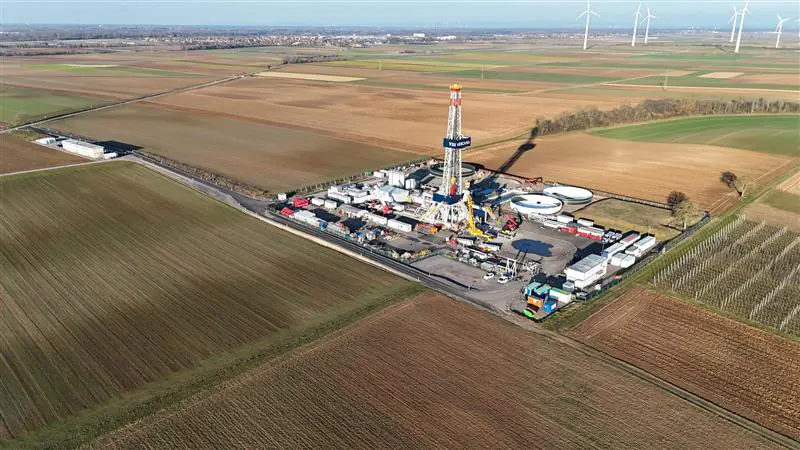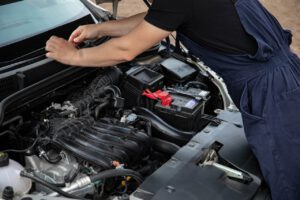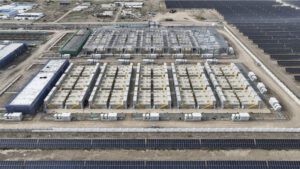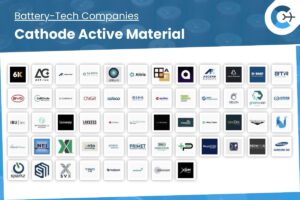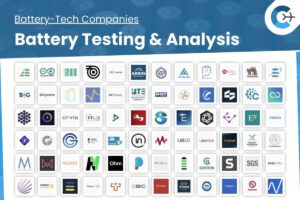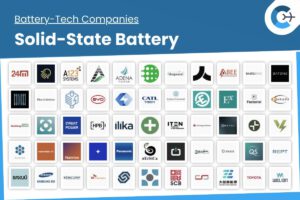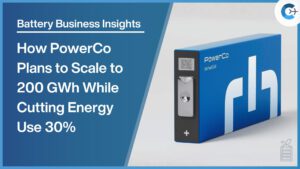Vulcan Energy has secured approximately €104 million in funding from the German Federal Government and the states of Rhineland-Palatinate and Hesse for its “Clean Lithium for Battery Cell Manufacturing” (Li4BAT) initiative. The grant, delivered under the EU’s Temporary Crisis and Transition Framework (TCTF), is part of the federal program “Resilience and Sustainability of the Battery Cell Production Ecosystem,” administered by the Federal Ministry for Economic Affairs and Energy (BMWE) alongside state authorities.
The financing aims to develop industrial-scale lithium extraction and processing capabilities to bolster supply security for the European battery and automotive sectors. In the first phase of its Lionheart project, Vulcan plans two commercial production sites: a lithium extraction plant (LEP) in Landau, producing lithium chloride, and a central lithium processing plant (CLP) in Frankfurt-Höchst, converting chloride into lithium hydroxide monohydrate. Both facilities are designed to collectively produce up to 24,000 tonnes of lithium hydroxide monohydrate annually, sufficient for roughly 500,000 electric vehicle batteries per year.
Managing Director and CEO, Cris Moreno, comments: “We are pleased about the strong and concrete support of the federal government as well as the state governments of Rhineland-Palatinate and Hesse. The funding will enable us to provide sustainable, domestic lithium for the German and European electric vehicle industry with our project. The raw material is the driver of the energy transition and crucial for the switch to electromobility. We look forward to sharing further updates on the completion of project financing and the commencement of construction of our commercial production facilities in the coming months.”
The Li4BAT grant forms part of a broader financing package for the Lionheart project and is subject to conditions, including a final equity investment by the KfW Raw Materials Fund by March 31, 2026. Negotiations for this investment are well advanced. The package also encompasses a potential financing commitment of up to €500 million from the European Investment Bank. Public funding for the Landau and Frankfurt-Höchst facilities will cover 30 % of eligible expenditures and will be disbursed over 36 months beginning October 1, 2025.
Source: V-ER Blog

